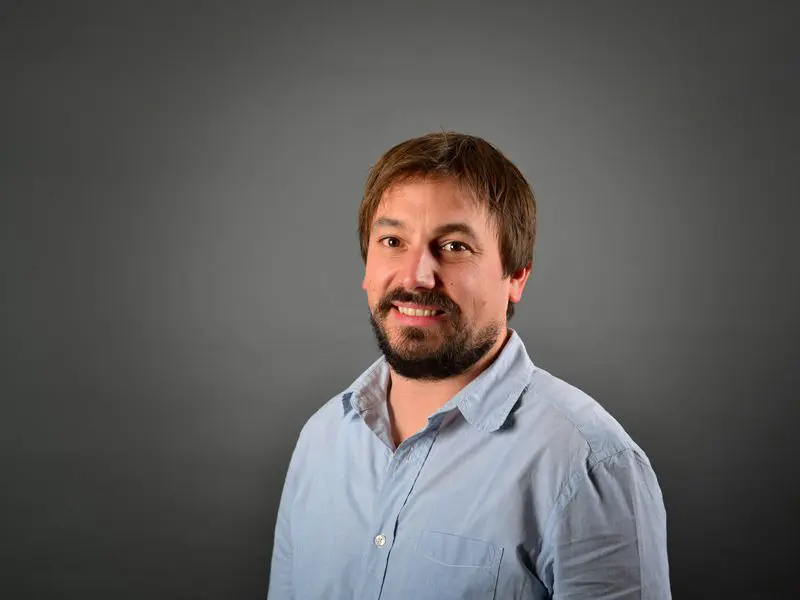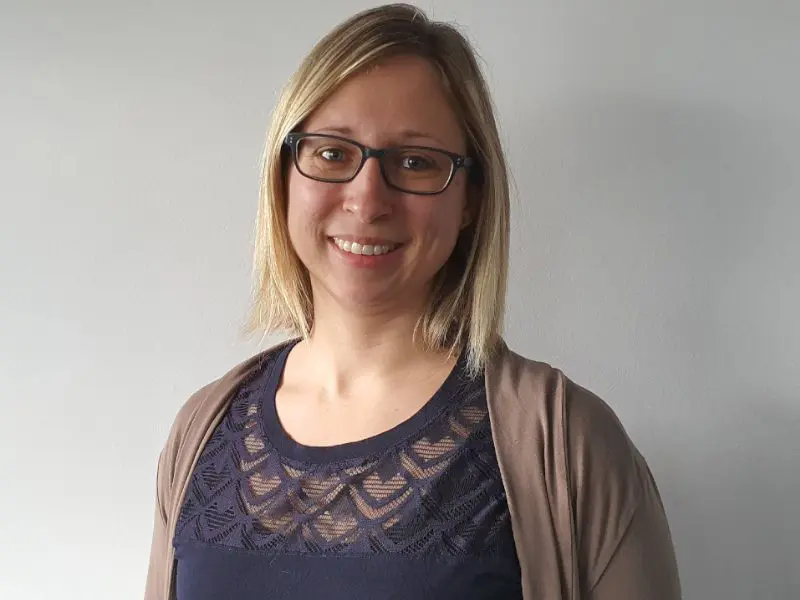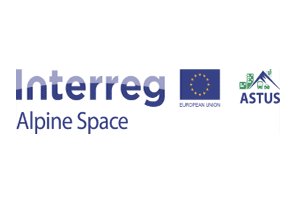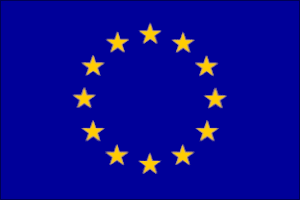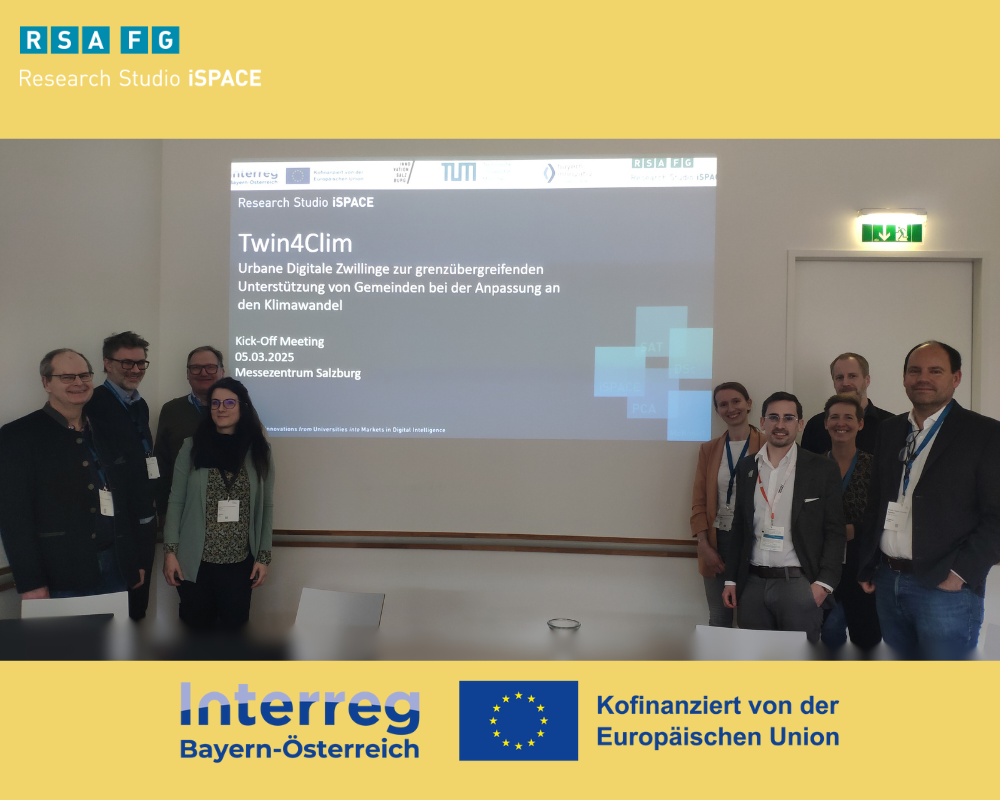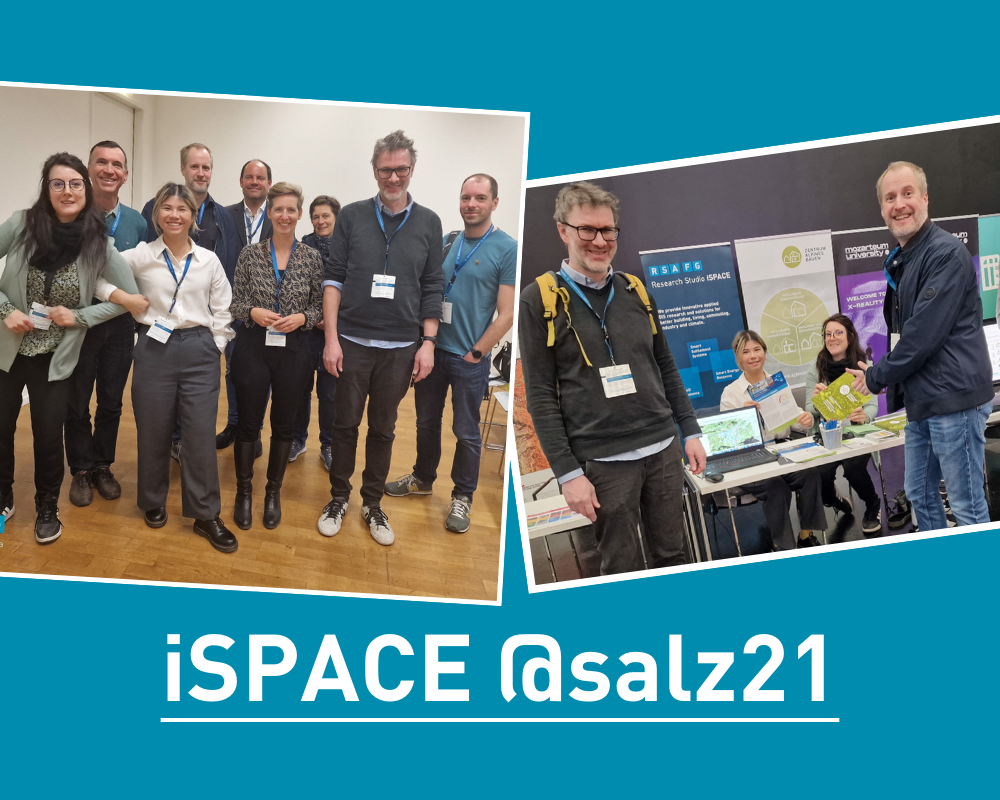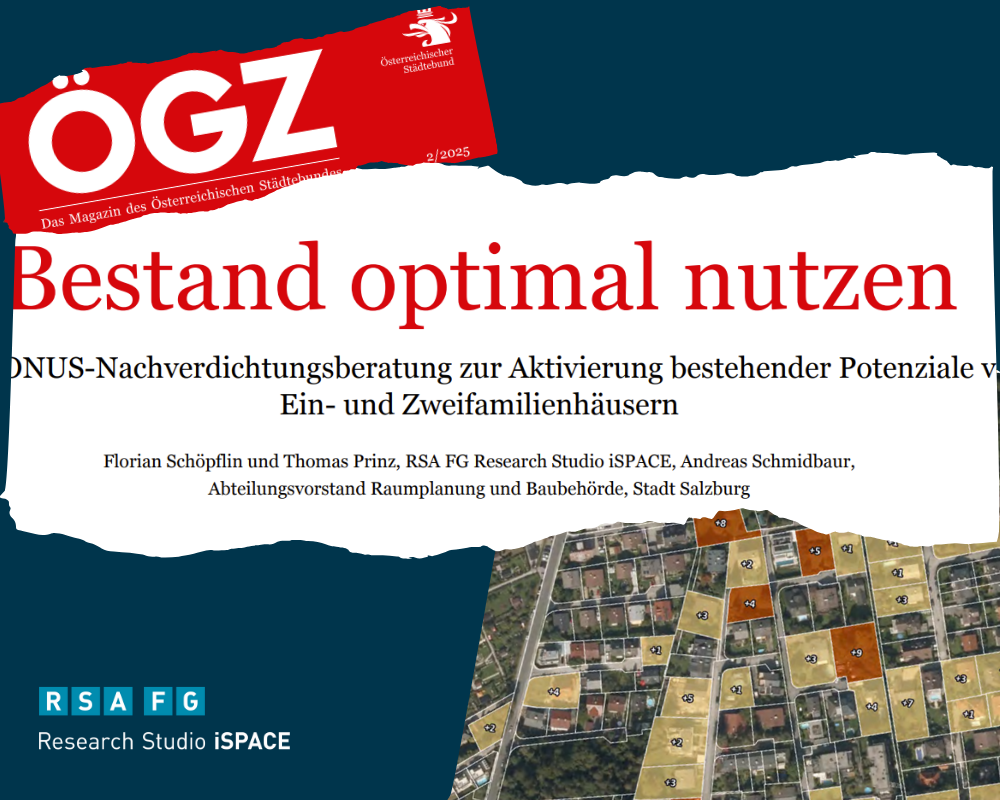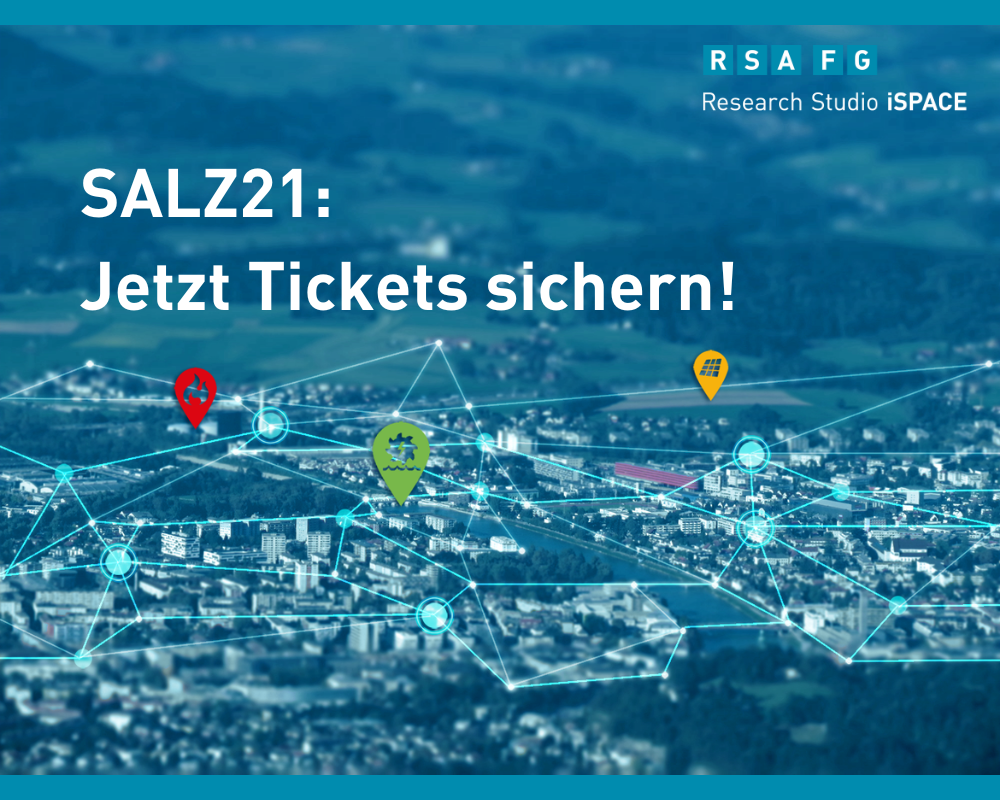Application Details
Our competence:
IoT – Assistive Geoinformatics
Studio:
iSPACE Smart Settlement Systems
Webseite:
https://www.alpine-space.eu/projects/astus/en/home
Client:
Alpine Smart Transport and Urbanism-Strategien
From 2016 till 2019
The EU project ASTUS is an international cooperation project with twelve partners from five countries of the Alpine Space and builds on the EU project MORECO (Mobility and Housing Costs), which was completed in 2014. It is mainly financed by the European Regional Development Fund ERDF and is embedded in the EU Strategy for the Alpine Space (EUSALP).
Joint strategies for intelligent mobility and spatial planning in the Alpine Space
Climate change, air pollution, traffic congestion, health care…The situation in many parts of the Alpine region is tense. Past and present settlement development in the Alpine Space is leading to limited mobility in many places and consequently to a marked increase in motorised private transport.
In the ASTUS project, approaches are being developed to promote both CO2-saving everyday mobility and resource-saving spatial planning in the Alpine Space. The project is intended to support municipalities in finding and applying long-term solutions in transport and settlement development in order to reduce overall CO2 emissions through daily mobility.
Pongau in the province of Salzburg, is one of the ASTUS model regions in the Alpine Space, which will jointly pursue and implement the project’s objectives over the next two years. In this sense, interested communities of the Pongau regional association will develop solutions for CO2-saving everyday mobility with the support of SIR (Salzburg Institute for Regional Planning and Housing) and iSpace.
Planned project results include a typology of the different spatial types in the Alpine Space, tools to better assess the effects of concrete mobility and spatial planning measures, a transnational methodology to derive CO2-reducing scenarios, local action plans and a final report with recommendations for the further use of the methods and tools.
The project will be completed in December 2019.
This project is co-financed by the European Regional Development Fund through the Interreg Alpine Space programme.





